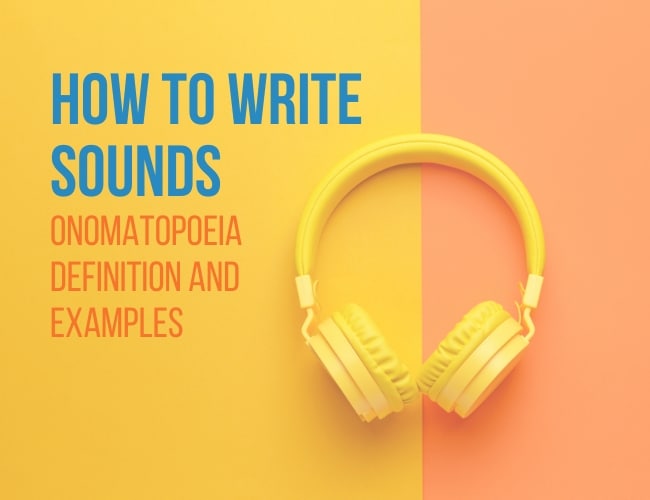
by Joe Bunting |
How does onomatopoeia work? And how can you use it to write sounds? In this article, I’ll give you the definition of onomatopoeia, share a list of onomatopoeia examples, and end with a creative writing exercise.
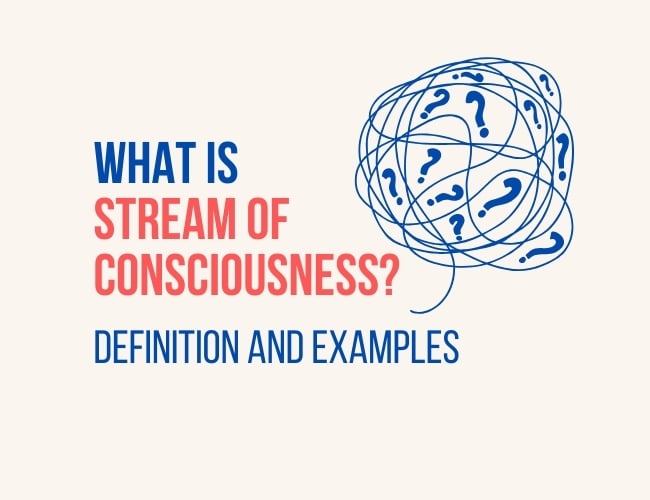
by Guest Blogger |
“Stream-of-Consciousness” is a literary technique that focuses on sensory details, what we see and hear and feel and think in the moment. It’s usually written in incomplete sentences that jump around as they please. It’s the type of writing that tells you to completely forget everything else you’ve learned about writing and give in to the flow of ideas.
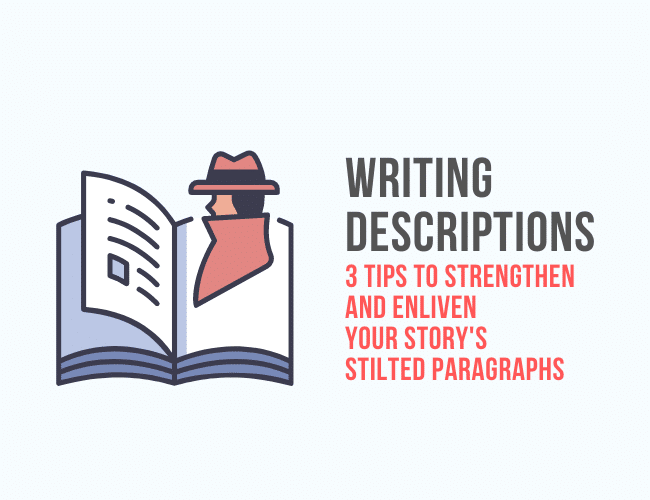
by J. D. Edwin |
Do you find that the beautiful story in your head doesn’t always come out the way you want? Are your unique characters dragged down by a list of stilted writing descriptions? Let’s breathe some life into your descriptions.
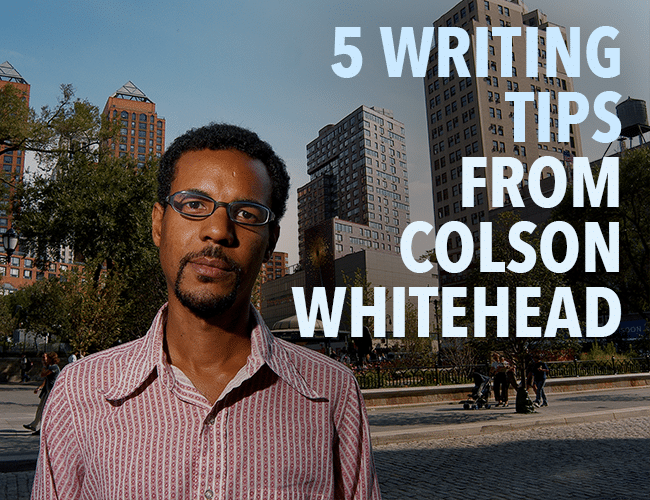
by Monica M. Clark |
A couple weeks ago, I attended an author talk with Colson Whitehead at Politics & Prose in D.C.
The author has been writing novels for 18 years, but recently he’s been getting a lot of attention because his new book, The Underground Railroad, was inducted into Oprah’s coveted Book Club. The book is about the escape from slavery to freedom in the antebellum south, but it also has fantastical elements—a literal underground railroad that exposes the protagonist to different worlds at each station.
Here are five tips I gleaned from his talk.

by Jeff Goins |
When I began my career as a writer, I struggled to find my voice. Whenever I tried to write, I would inevitably drift into the style of another author. Sure, I’d heard that “good artists borrow; great artists steal,” but I felt like a fraud. Little did I know, I wasn’t alone.
For a long time, I thought real writers were born with innate talent, some style that was just waiting to get onto the page. Turns out, that’s not true.
We find our voices by mimicking the voices of others. Great writers do not try to be original. They copy the work of the masters.
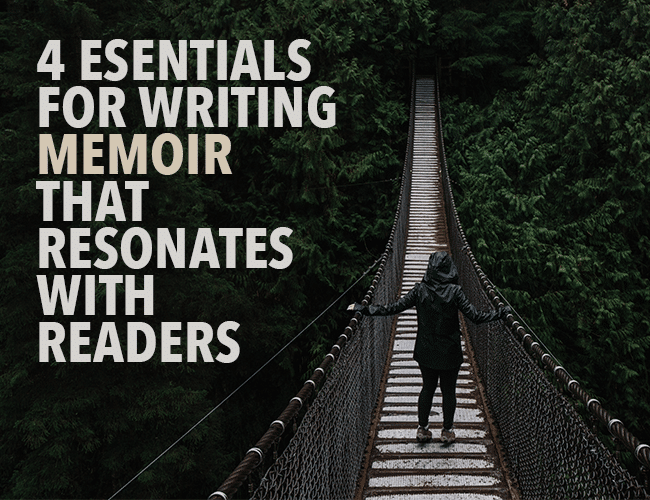
by Guest Blogger |
How do you write memoir and tell a story that is compelling to you, but might not be to your reader?
Boredom is death for a writer and must be avoided at all cost. When writing memoir, the facts of a person’s life will fall short if that’s all you have to offer. You need something more if you want the story to come to life in the heart, mind, and imagination of the reader.








